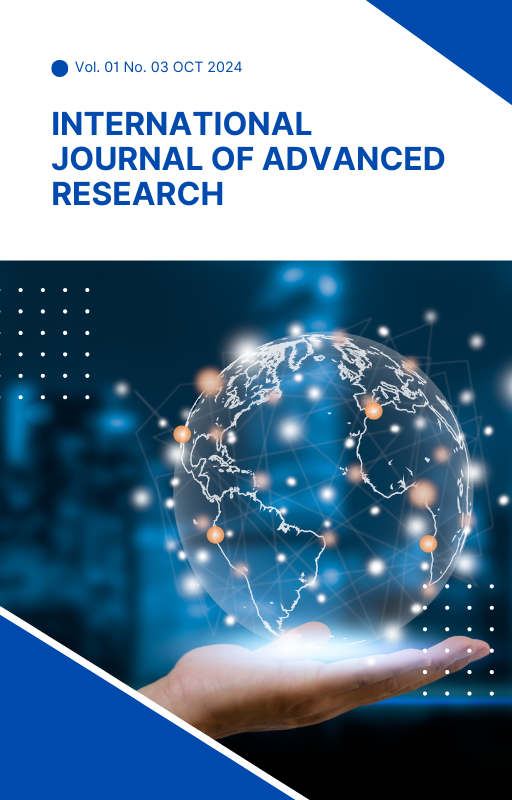The Urgency of Criminal Law Reform to Adapt to the Development of Information Technology
Keywords:
Criminal Law Reform, Cybercrime, Information TechnologyAbstract
The advancement of information technology has significantly altered the landscape of crime and law enforcement. Traditional criminal law frameworks, which were designed to address conventional offenses, are increasingly inadequate in responding to modern digital crimes such as cyber fraud, hacking, data theft, and online defamation. This research explores the urgency of criminal law reform in Indonesia to ensure legal instruments remain effective and relevant in the face of technological change. Using a normative legal method and supported by qualitative data, this study analyzes current legislation, including the Indonesian Penal Code (KUHP), and identifies its limitations in dealing with crimes facilitated by information technology. The research highlights the gaps in definitions, enforcement procedures, and jurisdictional challenges that emerge from transnational and anonymous digital offenses. The findings show a pressing need to reform criminal law by incorporating more adaptive legal definitions, strengthening cybercrime investigation mechanisms, and enhancing interagency cooperation. Additionally, the research suggests aligning national laws with international cybercrime standards to foster more effective cross-border enforcement. Reforming criminal law is not only necessary for justice but also for protecting digital society from evolving threats.















